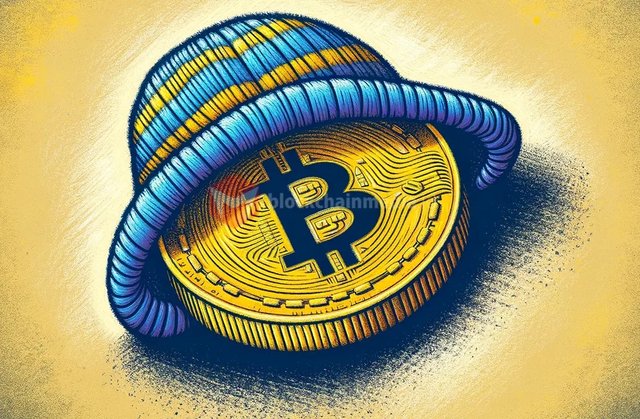
Bitcoin has recently experienced a surge in the crypto space, becoming a hot topic among investors and analysts, especially with the possible approval of a Bitcoin ETF. This enthusiasm is reinforced by Bitcoin's strong performance, especially its ability to maintain its price above the US$35,000 mark. This strong performance has reinforced many analysts' bullish views regarding Bitcoin's future.
Bitcoin Daily Transaction Fees Surpass Ethereum
The crypto world witnessed a landmark event on November 16, 2023, when Bitcoin surpassed Ethereum in terms of daily transaction fees for the first time in three months. According to a Coin Edition report, data from CryptoFees.info highlights a significant increase in Bitcoin transaction fees, reaching a total of US$11,630,638 in one day.
This development is particularly striking as Ethereum, a strong competitor in this space, saw a decline in its fees from a three-month peak of US$12,793,684 on November 9 to US$8,445,997. Despite a slight decline from this peak, Bitcoin's daily transaction fees remain high at around US$8.85 million, surpassing Ethereum's fees which fell to US$6.87 million. These changes indicate a shift in dynamics in the crypto market, with Bitcoin showing strong performance in an area usually dominated by Ethereum.
The increase in BTC transaction fees since the beginning of November has been striking. There has been an increase in costs of more than 700 percent on an annual basis and a more impressive increase of 1,000 percent over the last month. This spike in transaction fees is not just a trivial matter, it represents an important trend in the crypto market.
This increase in transaction fees comes at a crucial time for Bitcoin miners. The year 2023 could prove to be one of the most unprofitable years for them.
Some projections estimate that transaction fees could account for 20-30 percent of total block rewards, providing a much-needed boost to miner revenues.
The implications of this shift are far-reaching. For investors, increasing transaction fees signal the growing use and acceptance of Bitcoin. As transactions increase, the network becomes more valuable, potentially causing an increase in the price of BTC.
This is especially important given the expected decline in block rewards, as it shows that the network can support itself financially even with reduced mining incentives.
For the broader crypto market, Bitcoin's spike in transaction fees raises new questions and challenges. Ethereum, long considered the leader in terms of transaction volume and fees, is now facing stiff competition from Bitcoin.
This could lead to a revaluation of investment strategies and market dynamics.